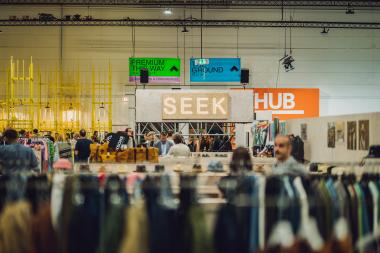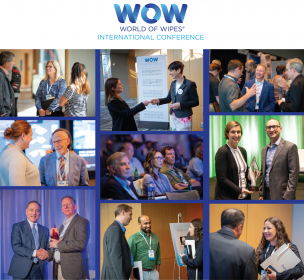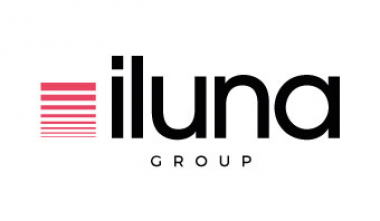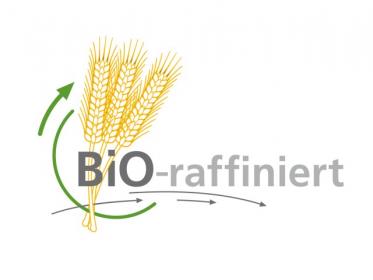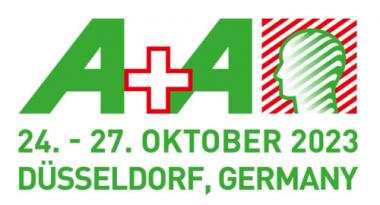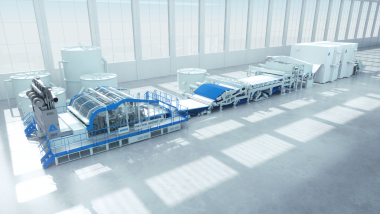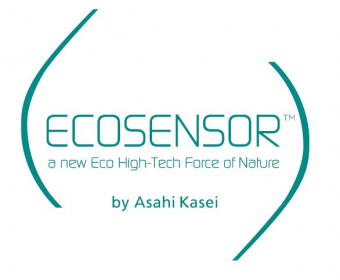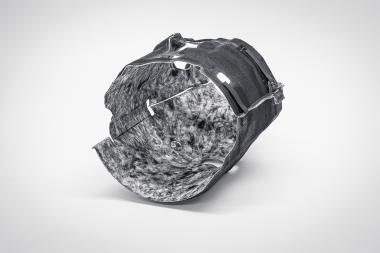Bluesign announces expanded services
- Goal: to further reduce the textile value chain’s impact on people and planet
As the textile industry continues to grapple with evolving regulations, increased consumer and stakeholder pressure to meet sustainability goals, and the lack of verified data, bluesign® has updated its service offerings to help brands, manufacturers and chemical companies to better understand and manage their value chains.
The new initiatives expand Bluesign’s core competencies of reducing impact across the supply chain, providing reliable, third-party verified data, mitigating the use of hazardous chemicals through input stream management and replacing substances with bluesign® APPROVED chemistry (a positive list of chemical products with less impact on people and planet). Bluesign’s high value services are available for all companies willing to reduce the impact of their value chain without compromising on quality.
Bluesign is extending its System Partnership services and launching DATA SERVICES and IMPACT SERVICES for brands and manufacturers. These tiered service packages provide expanded capabilities that enable brands to actively monitor and manage their supply chain through Bluesign verified impact data, covering the critical measures of water consumption, energy consumption, greenhouse gas emissions, chemical consumption, and waste.
DATA SERVICES allow brands and manufacturers to access data from its unique supply chain and give a snapshot of their impact. Through the IMPACT SERVICE package, companies are provided this data plus a foundational assessment of its overall performance and detailed analysis of its suppliers.
The new IMPACT SERVICE enables manufacturers to present their achievements in impact reduction and their excellence in resource management. The new tiered packages will allow companies to incrementally implement Bluesign’s services with the ultimate goal of attaining full SYSTEM PARTNERSHIP which includes company-specific action plans. At all service levels, a yearly impact report or dashboard is provided; access to this data enables accurate analysis for decision-making and reporting both internally and externally.










